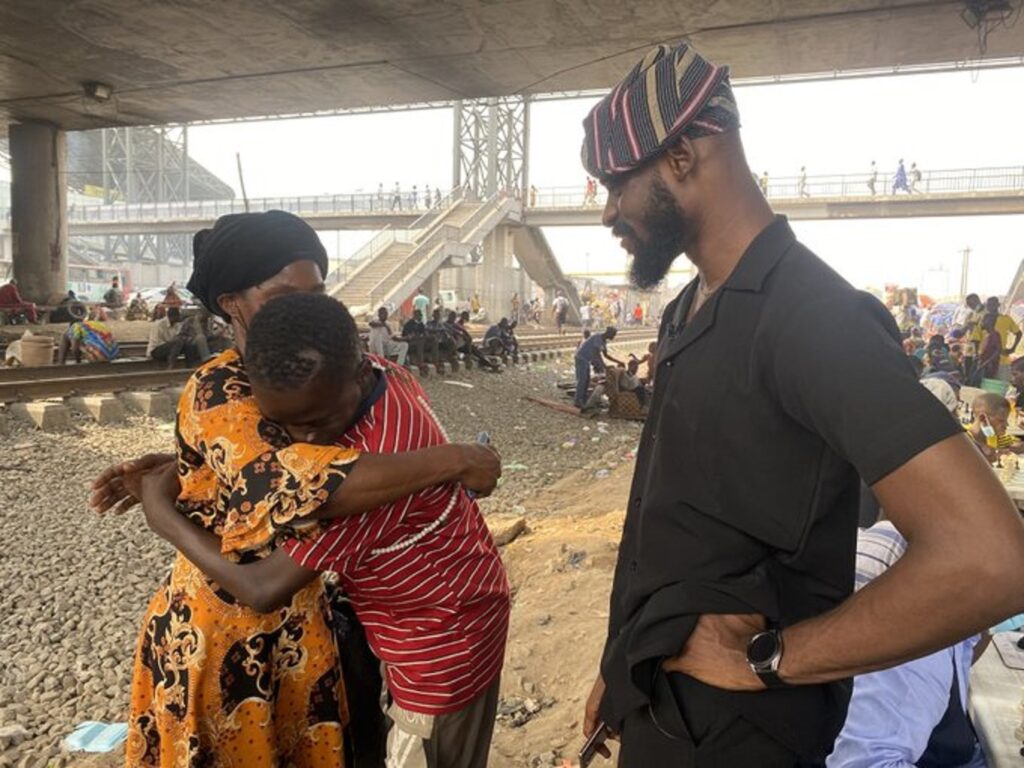Tunde Onakoya of Chess in Slums has shared some of the difficulties that his team faced during their project for children living under Oshodi bridge.
Chess in slums Africa is a non-profit organisation known for using the game as a framework to promote education and raise champions from low communities.
Last year, the group organised a chess training for “51 homeless children” living under the bridge in Oshodi.
During the training, the team took the children on the rudiments of chess as well as mental maths where they were given several puzzles to solve.
The exercise ended with a contest organised to test the participants’ knowledge of what they were taught during the training session.
The project received widespread commendations and got the attention of top figures across the globe including Patrice Evra, the former Manchester United player; and Kevin Tokar, acting Canadian high commissioner to Nigeria.
In a thread which he posted on twitter, Onakoya said despite the strides achieved by the project, it “wasn’t just a two-hour fairy tale with a happy ending.”
He described one of the many perils they faced, as one of the boys fell off the bridge and broke his leg while trying to escape from task force officials at the Bus Rapid Transit (BRT) terminal in Oshodi.
According to him, the boy went for surgery and was later taken to the National Orthopaedic Hospital in Igbobi, Lagos where he spent two months.
“The reality of children living under bridge is a very dark one. We had cases of rape, boys being molested by thugs, child trafficking and children being lured by strangers and used for money ritual. Their vulnerability made them easy prey as no one was going to look for them,” he said.
Onakoya said help eventually came when Child Lifeline, a non-profit organization dedicated to caring for street children, reached out to them.
According to him, the organisation owned a facility that could accommodate 19 boys while the remaining children were reunited with their families and empowered with laptops to continue their coding lessons.
Onakoyoa also said some of the kids were enrolled in schools to further their education.
Source: The Cable
